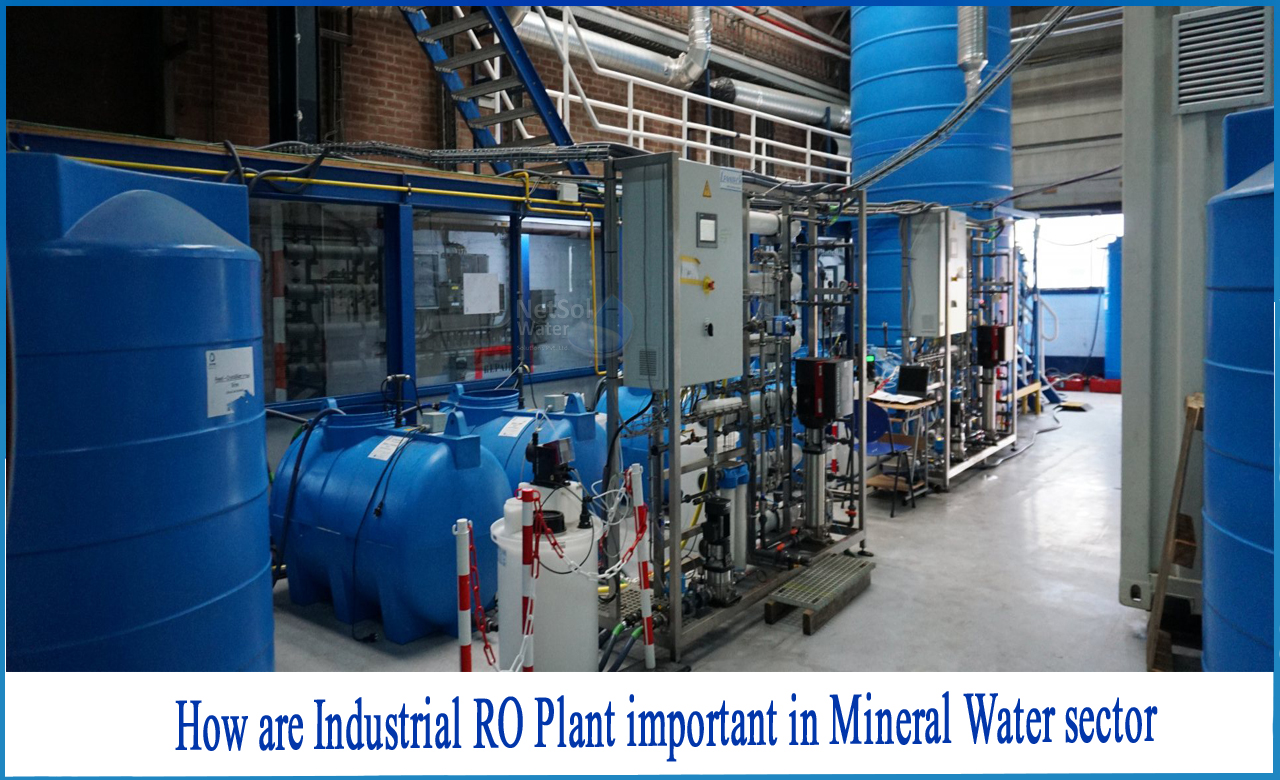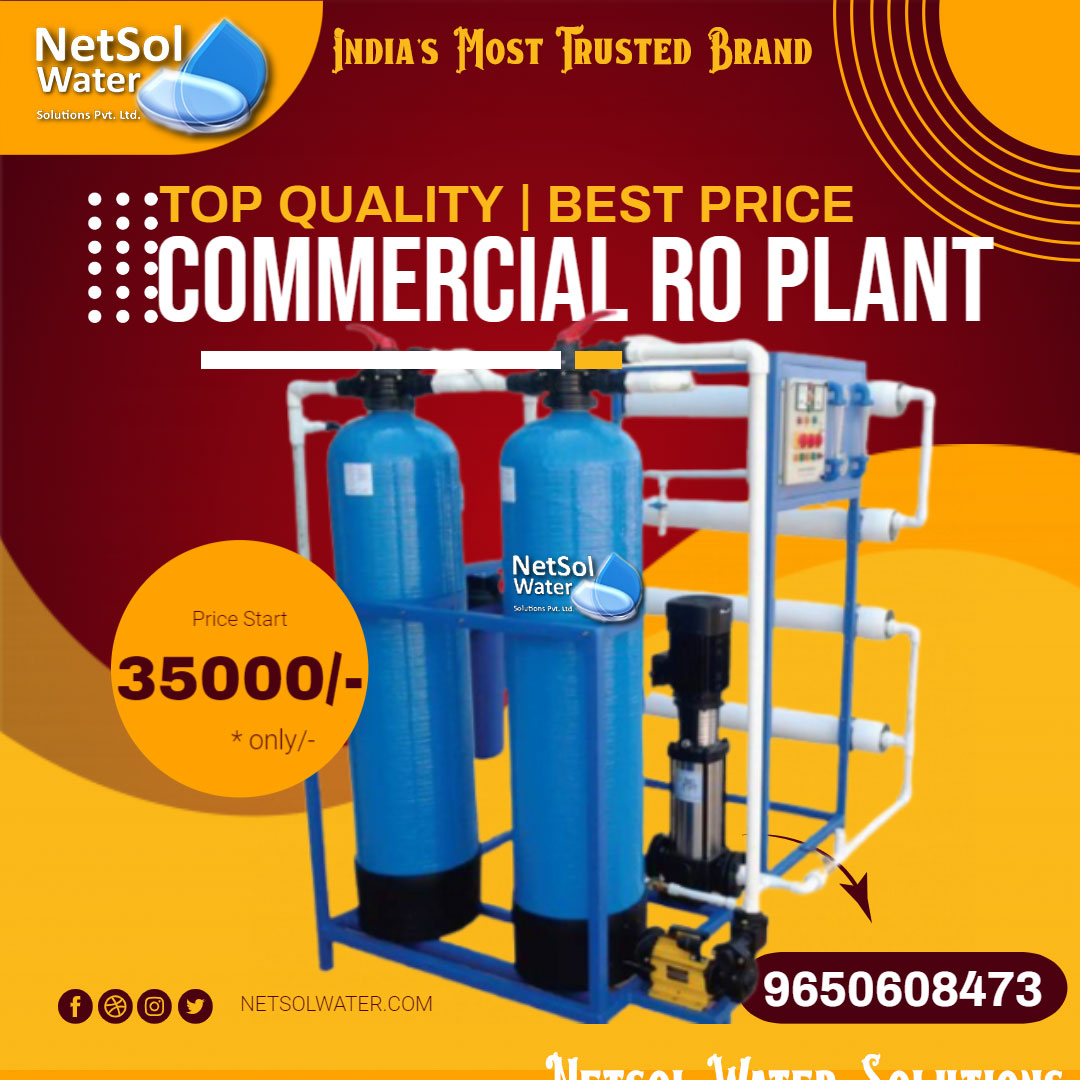How are industrial RO plant important in mineral water sector?
An Industrial Reverse Osmosis (RO) Facility is a water treatment plant that uses the reverse osmosis process to remove dangerous compounds and pollutants from water. The reverse osmosis process cleans or desalinates tainted water, resulting in demineralized and clear water suitable for a wide range of industrial applications. The water with the highest concentration of dissolved ions is subjected to external pressure, causing it to flow in the opposite direction through the semi-permeable membrane. The suspended solids and dissolved ions are left behind.
The demand for bottled water!
Year after year, the need for water grows. Water consumption per capita has increased, and given the limited supply of fresh water, it is challenging for governments to provide fresh water to their populations. Many enterprises have put up mineral water plants to obtain fresh drinking water in light of this circumstance. As people grow more health concerned, the demand for bottled water is constantly increasing. Bottled water is convenient to handle and provides assurance of water purity. For obtaining pure water, the reverse osmosis procedure is also utilized.
Benefits of bottled water
The following are some of the benefits of bottled water:
a) In the event that your primary water source fails or becomes contaminated, you'll need an emergency water supply.
b) Outside of the home, a convenient source of usually safe water for drinking.
c) Bottled water may taste better than untreated tap water since it does not include chlorine and may have a combination of minerals to increase flavor.
d) Most bottled water contains fewer pollutants than tap water that hasn't been treated.
How bottled water is treated?
1: The principle of 'Osmosis' allows the Reverse Osmosis System to reject 97–99 percent of total dissolved solids. Water is purified using a semi-permeable membrane in this technique.
2: An R.O. Module assembly is mounted on a Structural Skid in this system. On the skid, high-pressure FRP Pressure Vessels (Pressure Tubes) with spirally wrapped membrane parts in series are installed.
3: The feed soften water in a RO system is separated into two streams: Product and Reject water. Water that has been treated and has a lower TDS content is referred to as product water. Reject water is highly concentrated water that should be drained rather than utilized.
4: Followed filtered water is fed into the Pressure Vessel first, and the treated water is collected in the central core tube. Each membrane's treated water is collected in a shared product water storage tank, while reject water is discarded or treated further.
5: After purification, the water is sterilized or disinfected before being packaged for sale.Before it is fit for human consumption, packaged drinking water contains water from any source that has to be treated and disinfected, which could include filtering, UV or ozone treatment, or reverse osmosis (RO).
How can we help?
Taking into account the growing demand for clean, fresh water for production, weat Netsol Water, produce and provide high-quality Industrial RO Plants that can remove up to 95% of organic matter and pollutants, rendering the water safe to drink.Our professionals can provide more extensive assistance and specialized recommendations when it comes to selecting the proper water treatment for residential or industrial water producing sectors.
We have a reputation for being the top commercial RO plant manufacturer, industrial RO plant manufacturer, sewage treatment plant manufacturer, effluent treatment plant manufacturer, and much more. Aside from that, our USP is 24x7 customer assistance.




